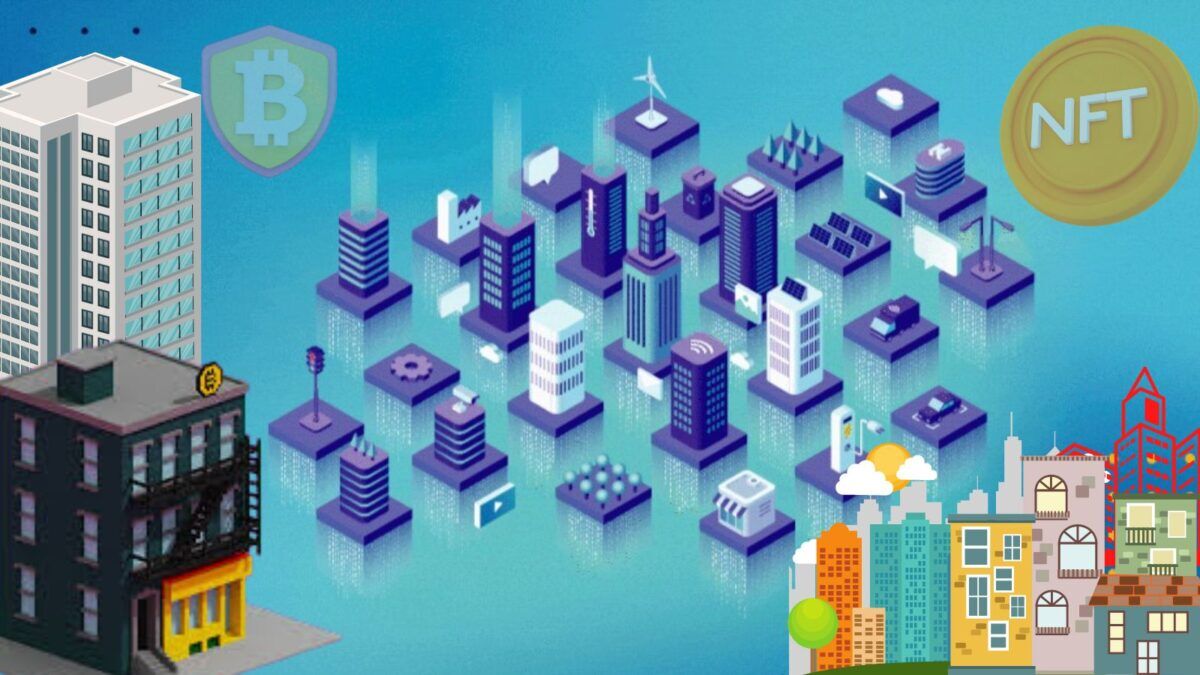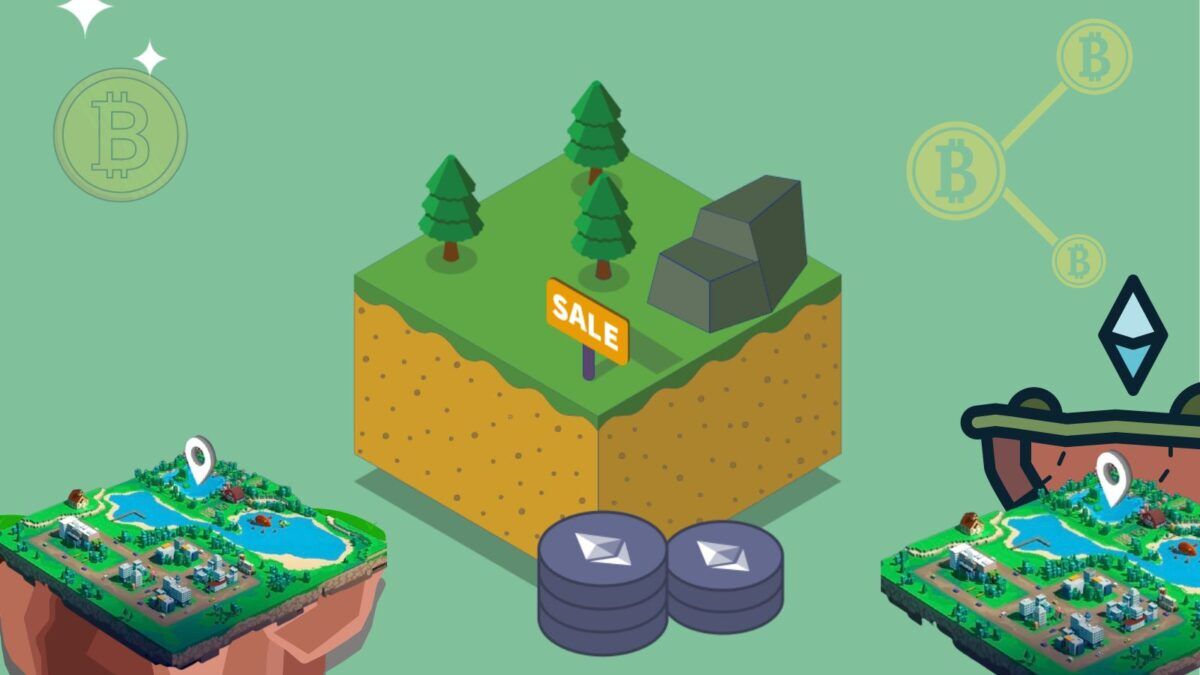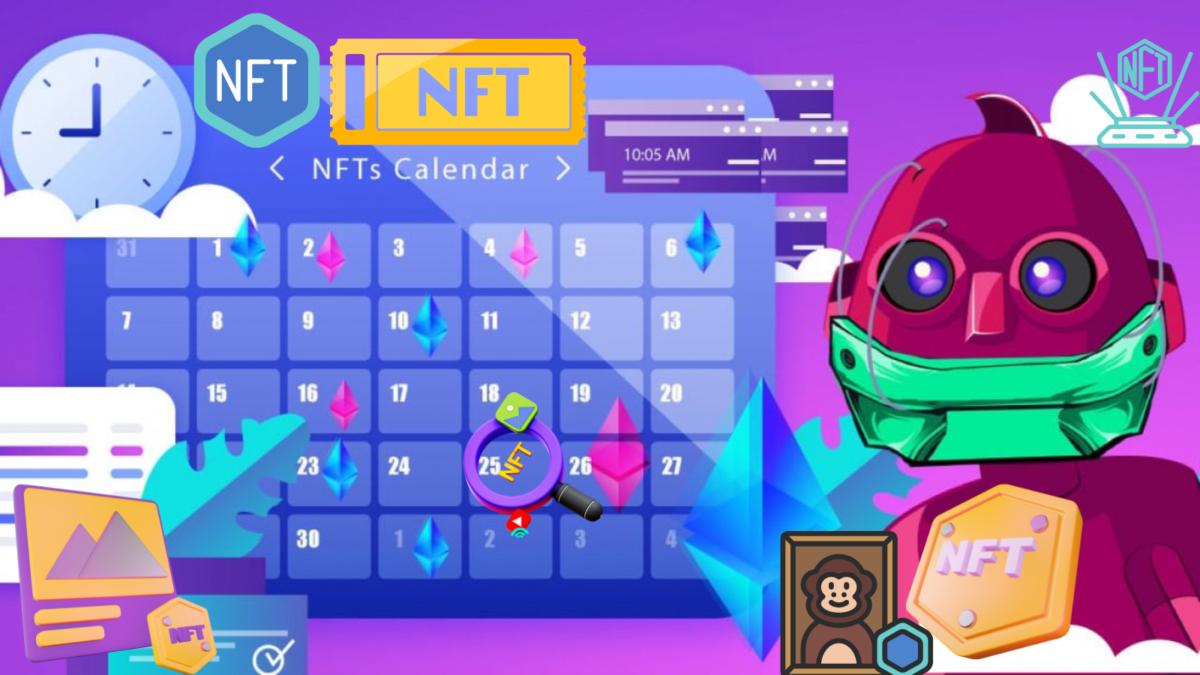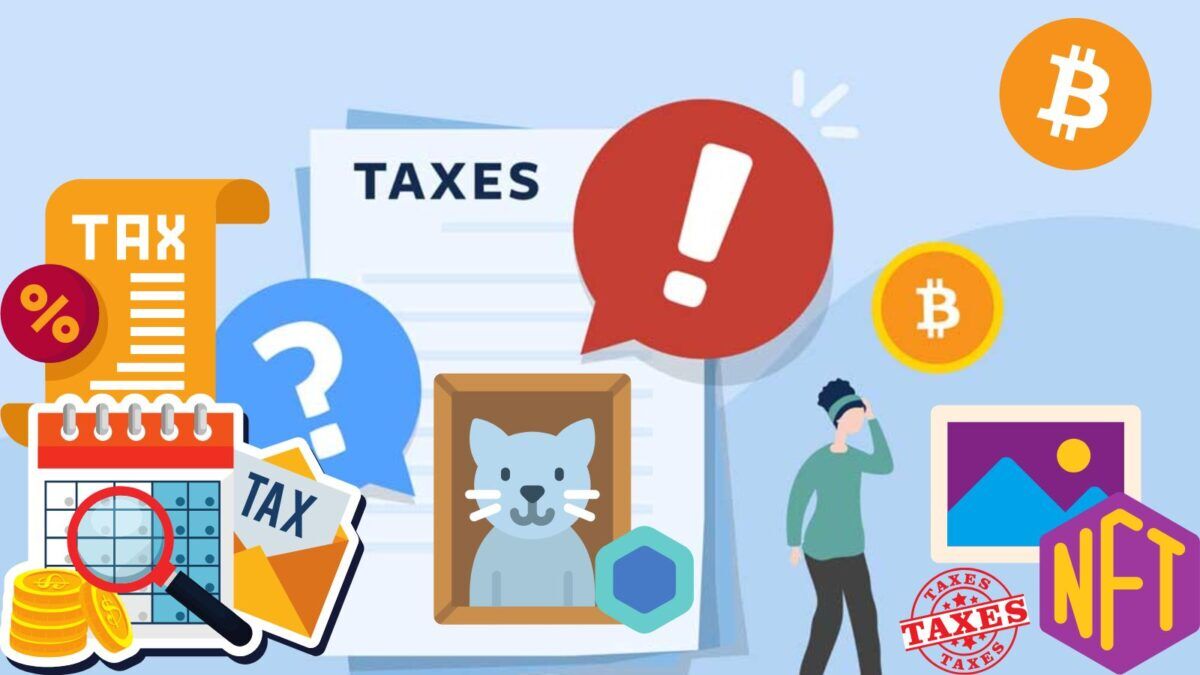We’ve seen how virtual lands have emerged as the Web3 version of real estate, but if there’s one thing NFTs have taught us in 2022, it is how they can be implemented in several different industries.
That’s because Blockchain technology’s features can solve many of the problems present in these industries.
One of the most intriguing use cases of NFTs is as real estate listings, powered by Blockchain technology and NFT platforms for real estate NFTs.
How can a real estate vendor, buyer, or agent leverage real estate NFTs for their business? There’s a working platform for real estate NFTs already!
Let’s take a look at how it all works:
What is an NFT?
NFTs are non-fungible tokens, digital assets in Blockchain that cannot be replicated. Traditionally, these digital assets are published as illustrations, images, videos, and songs.
Recently, they’ve been used for real estate listings, where the relevant property documents are minted as images or PDFs.
What is Blockchain technology?
Real estate NFTs are possible thanks to the blockchain technology that powers NFTs. Blockchain is a tamper-free ledger technology that allows storing immutable data within digital chains.
Blockchain collects information in groups known as blocks, which have a limited storage capacity. Once the blocks are full, they are closed and then linked to another block in the chain, creating a data chain. That’s why it’s called Blockchain technology.
Blockchain systems are crucial in cryptocurrencies, such as Bitcoin and Ethereum, because they allow for the secure and decentralized record of NFT trading and transactions.
Two core traits of NFTs make them an exciting choice for selling real estate and properties: interoperability and the safety of Blockchain technology.
Interoperability refers to the ability of web3 software and metaverses to exchange NFTs, data, and information between them.
This ensures that the data stored in the Blockchain is secure and cannot be manipulated by a third party. Thus, the legal and financial data displayed in the real estate NFT can’t be tampered with by the user or a third party.
What is minting an NFT?
When you mint an NFT, you publish the NFT as a digital asset into the Blockchain. The NFT is forever registered in the Blockchain and cannot be edited anymore.
An NFT can only be purchased or auctioned if it’s minted. NFTs are usually minted in an NFT marketplace, and most of the time, the assets minted are JPEGs, PNGs, video, audio, or PDF files.
Blockchain miners verify blockchain transactions. They use computing power to verify Blockchain transactions, paid for in the Blockchain’s native cryptocurrency.
Minting the NFT requires the trader to pay a miner’s fee to compensate the Blockchain miner for the computing miner they used to verify the transaction and mint the NFT.
In other words, to mint the real estate NFT, you’ll most likely have to pay a gas fee in crypto. If you’re using an NFT marketplace, like OpenSea or Rarible, you’ll also have to pay the marketplace service fee.
Selling real estate properties as NFTs.
To sell real estate as an NFT, any homeowner should seek legal counsel with expertise in Blockchain technology to stay as legal as possible.
Property ownership transfers are a setback in real estate investment, as there’s a lot of paperwork needed to purchase a property, no matter how big or small. Real estate NFT transactions offer a more streamlined approach to property transfer, focusing on efficiency and forgoing formality.
A real estate NFT vendor can sell a property in a matter of hours instead of the usual weeks or even months it takes to secure a deed.
The idea is to mint an NFT with the data about the property, such as relevant paperwork, proof of ownership, disclosures, records, and descriptive and legal information. You can upload a JPG with the information pertinent to an NFT marketplace, then mint it as an NFT.
Doing this will incur a gas fee, ranging from $30 to several hundreds of dollars depending on the time of day you mint the real estate listing as NFT.
You can then enter the NFT into a marketplace for it to be sold to interested buyers who’d like to invest in your property.
Most NFT marketplaces allow you to choose between a selling price for the NFT, and an auction mechanic, where NFT buyers bid for the NFT.
As this is an NFT for a property, buyers can bid for the property, and the auction winners will secure the property for themselves.
If you’re wondering how to buy NFT in the real estate industry or general, your best platform would be an NFT marketplace.
Where can I sell real estate NFTs?
The first use case of NFTs for real estate was in May 2021. This was the first real estate NFT in the world, and it sold for more than $93,000. We’re talking about the NFT, not the property itself, which was sold for even more.
There are already services that allow you to ‘NFT your property.’ Propy is a real estate transaction platform that provides help to real estate buyers and escrow agents with the purchase.
Propy was started by real estate property developer Natalia Karayaneva and its co-founder, Denitza Tyufekchieva. Their objective is reflective of the overall goal of the NFT real estate industry: using blockchain technology to streamline property purchasing and eliminate fraud.
They close real estate deals online and offer signed purchase agreements with Docusign. They save 10 hours of paperwork per transaction.
The property was sold using Blockchain technology in 2017 and was owned by Michael Arrington, founder of TechCrunch and Arrington XRP Capital. He sold the apartment, located in Kyiv, Ukraine, as an NFT to demonstrate the utilities of Blockchain technology as an innovator in real estate.
On their website, they explain how the transaction took place. The ownership of the property was held and recorded in Ukraine as a US LLC. It was auctioned, and the winner became the owner of the NFT that provides the rights to the LLC. Arrington signed the proprietary-developed legal papers giving power to the NFTs to transfer ownership to all future buyers.
Propy collaborated by developing smart contracts and the legal framework suitable for the US markets.
Prometheus International became the first real estate business to accept payment in cryptocurrencies. They sold the world’s first villas to be paid for with cryptocurrency in Madeira, Portugal.
They have recently launched a new project: The Royal Blockhouse, partnering with Europe’s most prominent digital influencers and crypto-assets experts. It seeks to combine ownership of real estate through NFTs and infrastructure design in the world of luxury real estate.
They’ll feature a collection of 24 international luxury homes designed by Prometheus International and European architects.
These villas will be operational on the Blockchain, featuring aspects such as licensing, rent, fees, access, payment records, and more.
The first NFT owner of The Royal Blockhouse NFTs will select the construction site, prompting Prometheus to visit the desired location with the client and build the luxury home on the agreed spot.
Challenges of selling real estate NFTs
On the downside, real estate NFTs also have some disadvantages that might seem off-putting to those interested in the service.
The data secured in the Blockchain is secure, but in recent months, NFT marketplaces have been frequent targets of fraud, phishing scams, and even market manipulation. This doesn’t necessarily have to translate to the real estate NFT niche, but should it grow in popularity, cyber fraud will also target the growing industry.
While projects such as The Royal Blockhouse and Property have promising goals for the real estate NFT industry, it’s still a nascent sub-niche of the NFT industry overall, and it’ll take some time before more steam picks up on selling real estate NFTs.
Another primary challenge is how real estate NFTs challenge the need for intermediaries, and many of them won’t like being displaced in favor of NFTs.
After all, real estate mega corporations will either have to adopt the technology, as Prometheus International has done, or will be opposed to its integration.
Finally, real estate is one of the slowest-changing industries in the world. For added contrast, the NFT industry is one of the fastest-moving industries, but it’ll probably take years for both of these to reach a compromise that can benefit real estate investors, sellers, and companies.
Final words about using NFTs to sell your property
So far, we’ve looked at what NFTs are, how they work, and their benefits for selling real estate.
As NFTs converge Blockchain technology and the exposure aspect of NFT marketplaces, they can serve as Web3 real estate listings where interested buyers can also bid directly to the seller.
One of the key features of blockchain technology is its security; because the ledger is distributed and immutable, it is challenging to hack. This makes it a safe choice for storing valuable assets like property data.
Additionally, NFTs are interoperable, meaning they can be traded on different platforms without issue. This gives buyers and sellers more options when exchanging properties and could lead to increased liquidity in the market.
Check out our other guides on What are NFTs here




